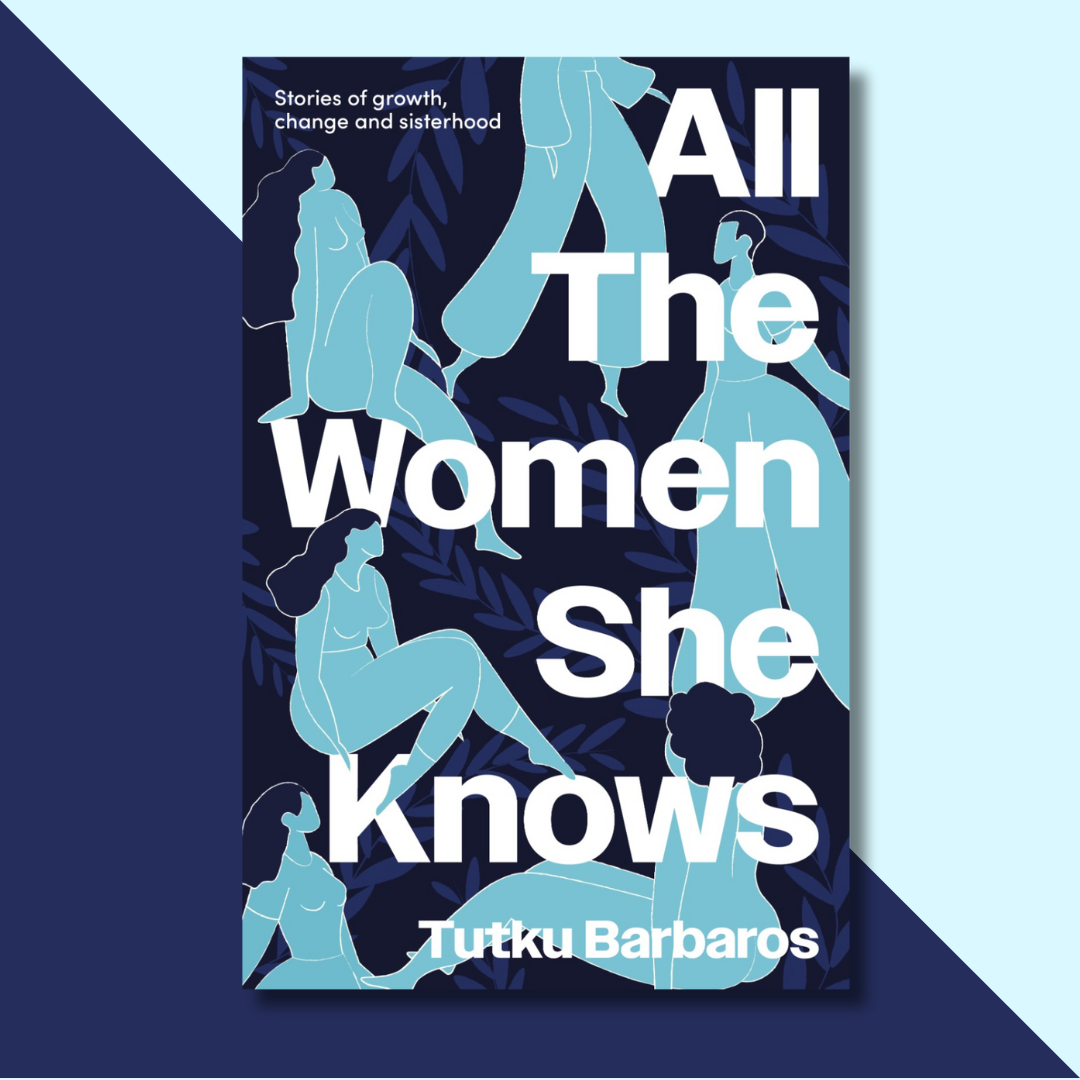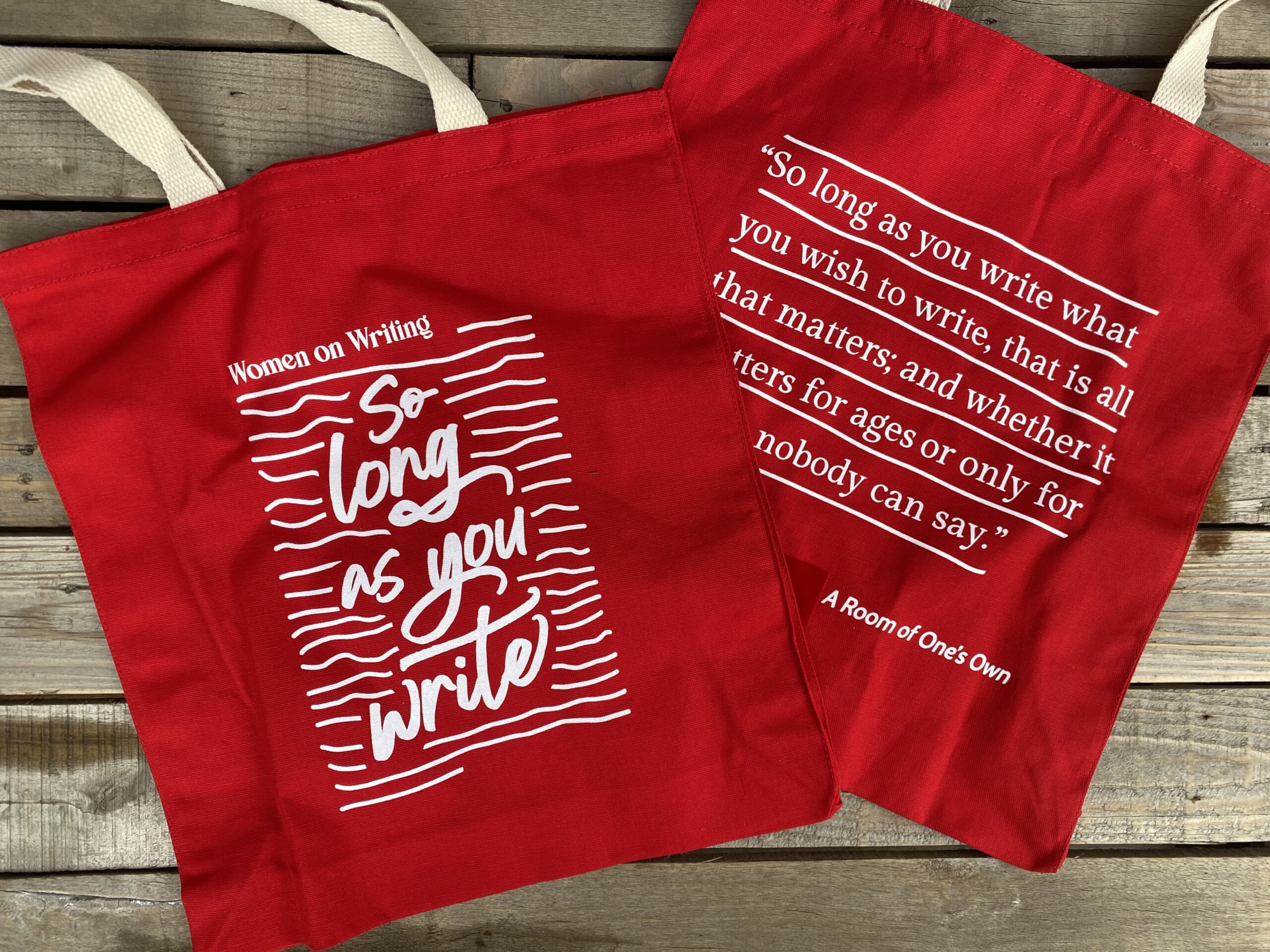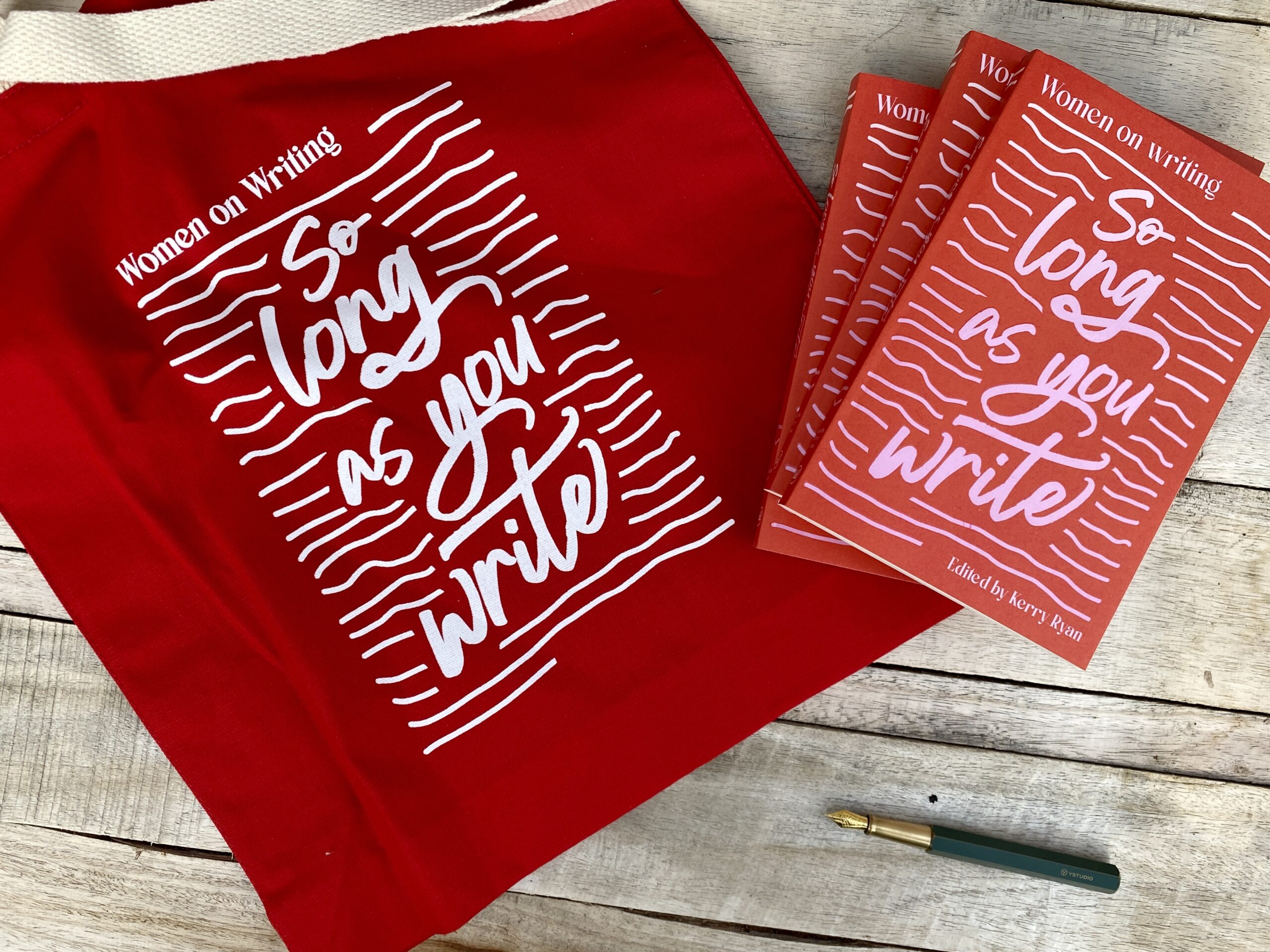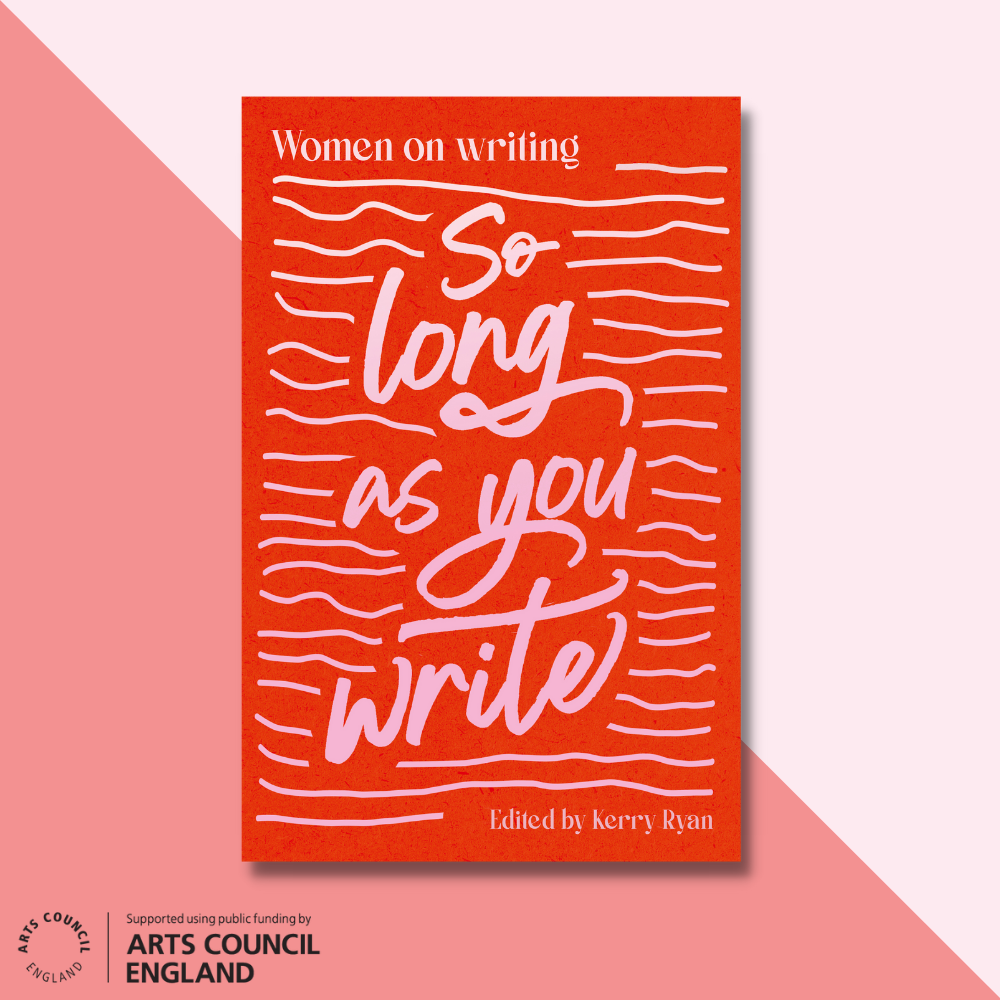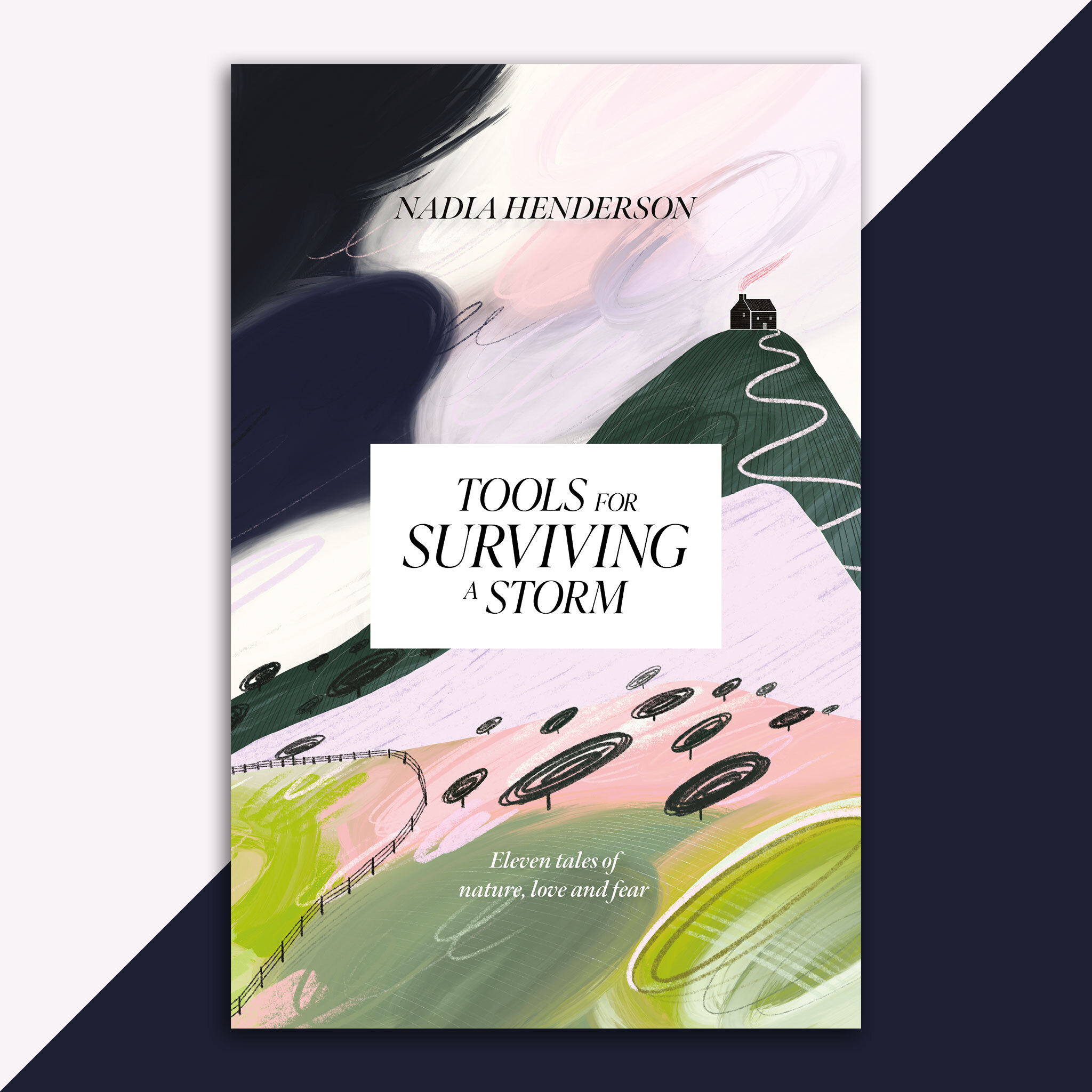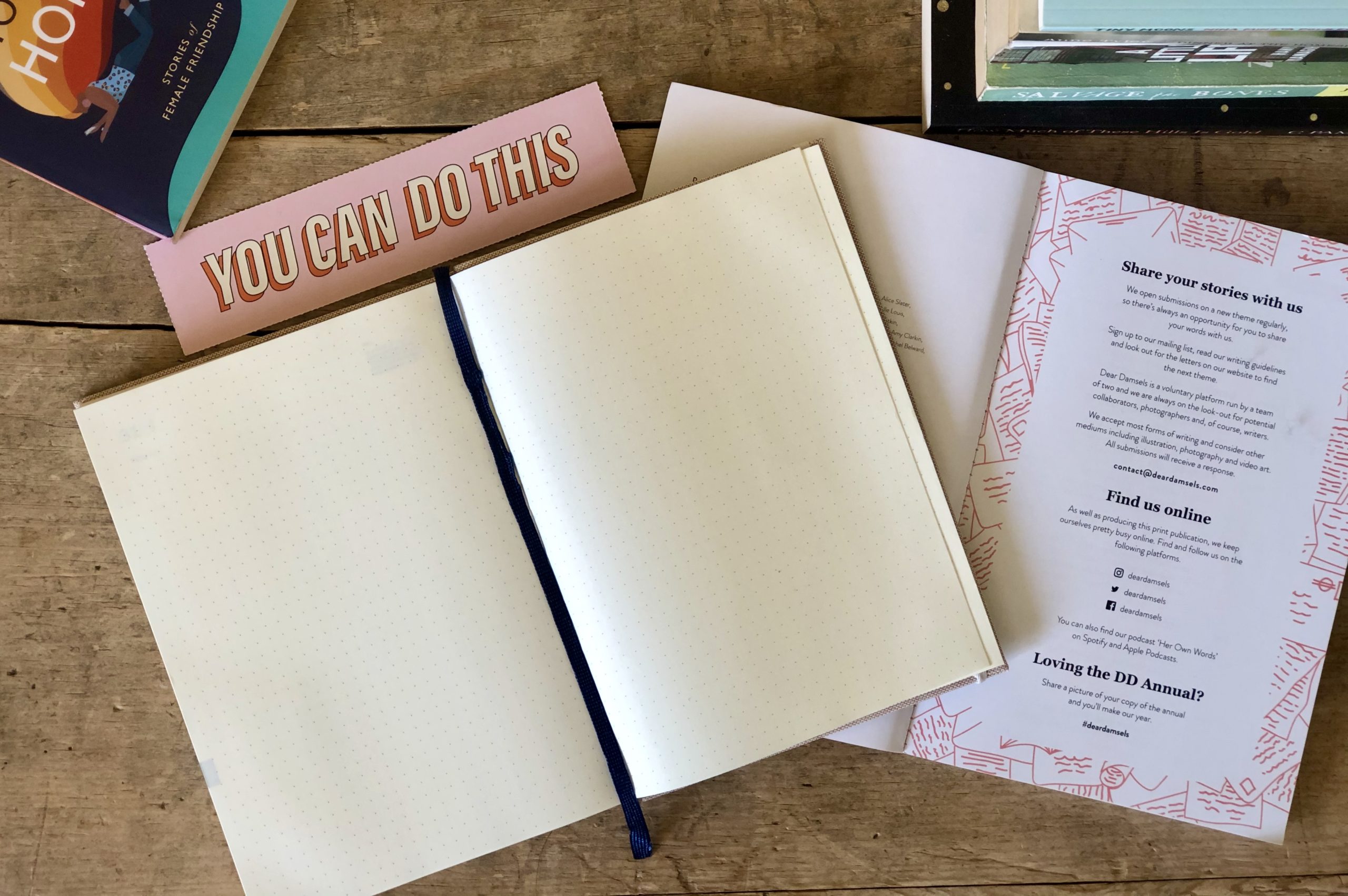LEAVING | Megan Graham has never had to think about where she comes from, because nobody has ever told her to leave. In this essay, she looks at the privilege of having an unexciting family story.
by Megan Graham
This is what I know about where I am from: I was born in Middlesbrough, in the North East of England. My mother was born there too, and so was my brother. My dad, and both sets of grandparents, come from outside Glasgow. I can draw a straight line down the country, from my grandparents to my parents, to my brother and me.
‘Are you Scottish then?’ people ask me.
‘I guess? Like, 25%,’ I say.
But I don’t really know.
A friend of mine is obsessed with family heritage; she’s been tracing her family tree for years, rooting through online archives and adding distant cousins on Facebook. She’s found stories about who she is and where she comes from that nobody in her family knew existed before she started looking. Through her research, she’s discovered her family contains Italian royalty. Her great, great grandparents moved to America to make their name – then moved back again when they weren’t successful. There was an aunt who was part of the resistance movement in former Czechoslovakia during the Second World War, and who came to Britain as an asylum seeker. Further back there are Polish Jews, and French Huguenots who fled to London to set up a church in the East End.
‘There’s a test you can take,’ she tells me. ‘You send off your spit in a tube and they test your DNA and tell you you’re 10% Viking or whatever.’
I peer jealously over her shoulder at the laptop screen. I’m amazed that she’s found these stories at all, let alone that she can back them up with a DNA test available to buy on the internet. Her test result says she’s 40% British or Irish, 23% Czech or Polish, 11% French. The rest of her is a mix of Italian, Spanish, Scandinavian, and ‘Unknown’. It maps onto her research almost perfectly.
I don’t have any stories like this. I tick ‘British’ on any form I am asked to. I don’t think I ever called myself European until 2016, when suddenly the option wasn’t there anymore.
‘Don’t you want to know where your family come from?’ she asks.
‘It’ll just be Scotland,’ I say. I point to my freckles, my skin that goes red if I’m in the sun for more than ten minutes without sun cream. ‘Do I look like I’m from anywhere else?’
‘Lots of people come from Scotland who don’t look like you,’ she says.
“We don’t know how to fit an entire culture inside a strand of genetic code, or how to feel if what we thought we knew about ourselves doesn’t match the stories our bodies tell us.”
On the morning of 23 June 2016, I open Twitter to read the referendum results in bed. I don’t feel like I’m getting my country back. At the same time, I know that less is being taken from me than other people. An old school friend posts a video on Facebook; her son in an England shirt, his skinny little-boy arms waving in the air. ‘We won!’ he shouts. ‘We wonnnnn!’ I feel embarrassed, rather than afraid.
I visit my parents, and we talk about Brexit over mugs of tea and jam on toast. The Daily Mail lies open on the kitchen table.
‘The thing is darling, there are lots of people coming here just to work, that’s not right when people who live here can’t get jobs, is it?’
At the pub, I overhear conversations between groups of men my age.
‘It’s houses, innit. You can sit on a waiting list for years and some fuckin’ immigrant gets one like that.’
‘Nah, it’s jobs, all these companies going overseas where it’s cheap without looking after their own.’
‘It’s the NHS, we can’t pay for everyone.’
‘They should fuck off back where they came from.’
I go back to university. I read obsessively about what Great Britain is, and what Britishness means. I write about the rise of the alt-right in America and Europe and talk about how communities can fracture along hairline cracks in a matter of months. I think I’m looking for something I can point to and say, ‘That’s it, there.’
People have always had names for themselves. Whether it’s a family or a village or a whole country, we have always kept a sharp eye out for ‘outsiders’. After the Second World War, the EU was formed partly as a way of breaking down those ideas of insider and outsider. The idea was that economic and cultural ties would make it mutually beneficial for European states to remain on good terms, and see each other as neighbours rather than competitors. The EU does lots of other things as well, but I wonder if we’ve forgotten the role it has played in over 70 years of peace between the countries of Europe. Maybe enough time has passed that we think we don’t need it anymore.
I visit the website that will tell me about my DNA in exchange for a tube of spit. These tests have become controversial in their own right. People have tracked down birth parents, and made contact with whole new branches of their family as a result of tests like these. New science has started to uncover old secrets, and families have had to renegotiate their own borders in order to keep up.
The progress is incredible, but it’s terrifying too. We don’t yet have the language to measure the biological experience of our bodies against the reality of our lives. We don’t know how to fit an entire culture inside a strand of genetic code, or how to feel if what we thought we knew about ourselves doesn’t match the stories our bodies tell us.
Historical turbulence increases the likelihood of mixed genetic heritage, because people are more likely to leave their homes in times of insecurity and crisis. I wonder how a person’s DNA can account for the violence of a forced migration, a refugee crisis, or a war that draws new borders across old countries. I wonder if, in future, we will be able to follow the events of history in the DNA samples of our great, great, grandchildren.
I am lucky, I realise that. I’ve never had to think about where I come from, because nobody has ever told me to leave.
Megan Graham | @megangraham91
Megan is an Edinburgh-based writer, website editor and researcher who can be found tweeting about food and books at @megangraham91. She writes fiction about history, feminism and family, and is currently working on a novel about two sisters who join a political protest movement. Megan is a member of the Write Like a Grrrl collective and her work has been longlisted for the Myriad Editions First Chapter competition.
